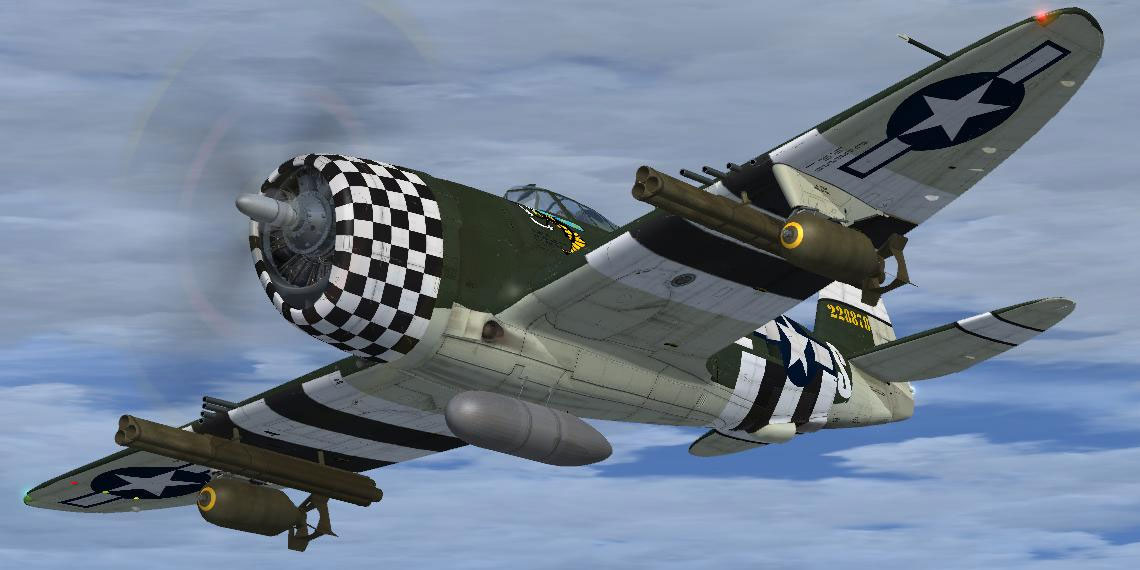OA-X, The A-10 successor plane
Posted: Thu Jan 26, 2017 10:33 am
War is Boring
by U.S. Air Force Col. Mike “Starbaby” Pietrucha
by U.S. Air Force Col. Mike “Starbaby” Pietrucha
The minds behind the Air Force’s plan for a new light attack aircraft, the OA-X, always envisioned a turboprop engine powering the plane.
...
When we at the Air Force’s Air Combat Command first conceived of the OA-X in the mid-2000s, we based it conceptually on two Vietnam-Era aircraft. These were the A-1 Skyraider and the OV-10A Bronco — both propeller-engine aircraft.
We started with these aircraft because of their attributes. The A-1 had good loiter time, a heavy weapons load and the ability to take punishment. The engineers who crafted the OV-10 designed it with short, austere runways in mind and it also had good endurance.
...
When we were building the OA-X concept, the Colombian Air Force had just started to prove that the Embraer EMB-314 Super Tucano was a superlative combat machine in an irregular environment. A single Pratt & Whitney Canada PT6A turboprop — the same motor in the U.S. Navy’s and Air Force’s Beechcraft T-6 Texan II trainers — powered the plane.
Developing up to 1,600 horsepower, the modern, computer-controlled turboprop gave the Super Tucano a better power-to-weight ratio at combat load than either the A-1 or OV-10A. Indeed, crunching the numbers on the modern light attack birds — including Beechcraft’s armed T-6 variant, the AT-6C — revealed that the wing loading and power-to-weight ratio were uncannily close to a P-47D Thunderbolt II of World War II fame.
...
And turboprops? A propeller turned by a small jet turbine and really efficient if you didn’t need to scream through the “bozosphere” at the speed of heat.
...
The original specifications for the A-X — the Air Force project that produced the A-10 — involved turboprop propulsion, based on a Lycoming T55 turbine. The authors of the 1968 concept formulation package noted that at slow airspeeds — up to 460 miles per hour — the turboprop had a significant thrust advantage over the turbojet and turbofan and this was greatest with slow speeds.
...
However, internal squabbling over the contract design delayed the A-X program. By 1970, suitable turbofan powerplants appeared on the market.
...
Turboprop-powered small aircraft have demonstrated low fuel consumption, well under 490 pounds per hour on average. For an OA-X class of aircraft, the engine would allow the planes to eke out significant flight times — 2 hours or more — on a paltry internal fuel load.
The OA-X we proposed consumed only 5 percent as much jet fuel as a Strike Eagle for the same amount of flying time. Put another way, an F-15E pilot could taxi on the ground for 6 to 8 minutes and burn the same amount of gas one of our proposed aircraft would use up in an hour.
In addition, the turboprop had major implications for fuel supply, as well as consumption. The smaller fuel needs meant U.S. or friendly forces could supply forward bases via local resources and airlift, avoiding the logistical fratricide common to fuel supply operations in Iraq and Afghanistan.

